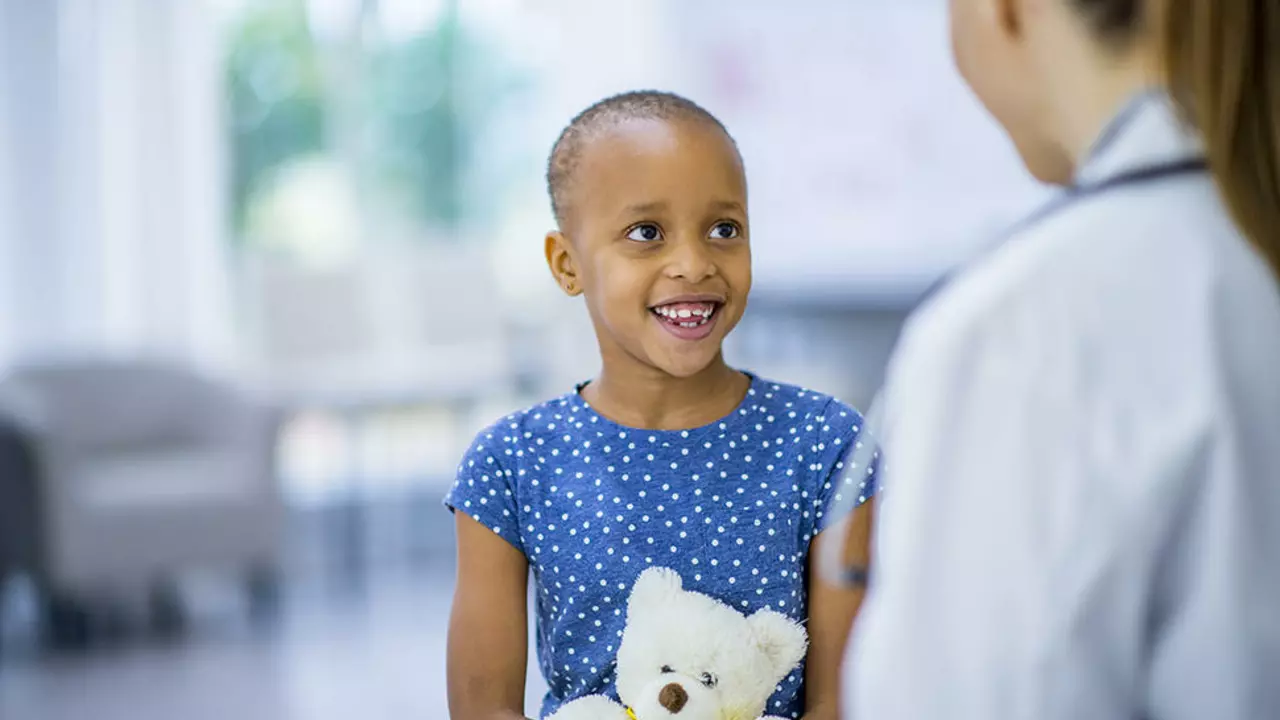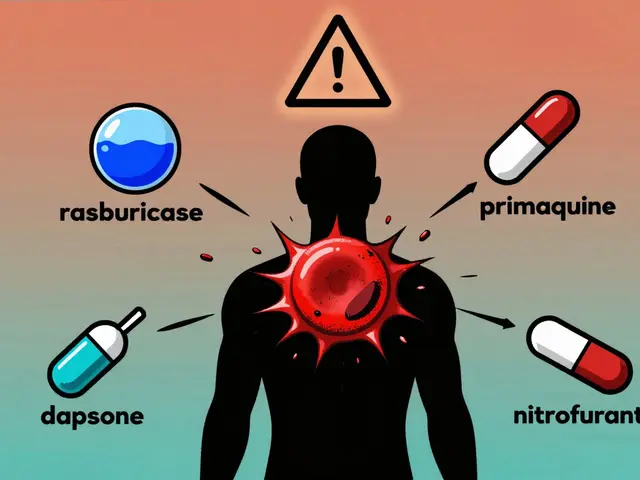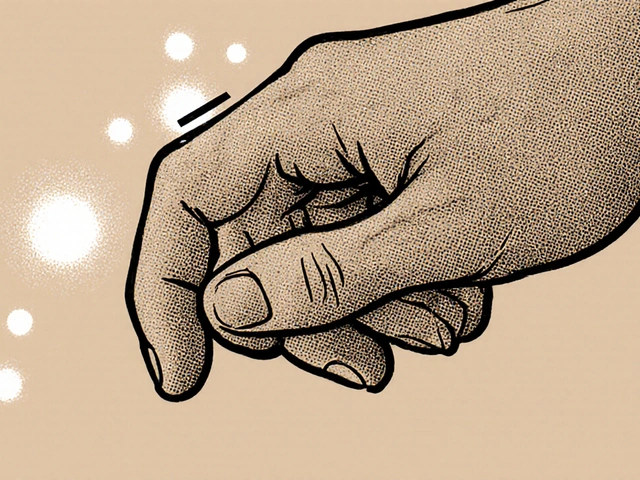
Understanding Neuroblastoma
Neuroblastoma is a type of cancer that primarily affects children and infants. This cancer originates in the adrenal glands but can spread to other areas such as the chest, abdomen, spine, and bones. The disease can have a significant impact on a child's development. The severity of the impact largely depends on the stage of the disease at the time of diagnosis, the location of the tumor, and the age of the child. Understanding neuroblastoma and its potential effects on child development is crucial for early detection and effective treatment.
Neuroblastoma and Physical Development
Neuroblastoma can greatly affect a child's physical development. Since it's a type of cancer that can spread to bones, it can limit the child's mobility and physical strength. This can delay milestones such as walking and running. Children with neuroblastoma may also experience weight loss, fatigue, and a general feeling of ill-health, all of which can interfere with normal growth and physical development.
The Influence of Neuroblastoma on Cognitive Development
Neuroblastoma can also have an impact on a child's cognitive development. Tumors that spread to the spine or brain can affect cognitive functions such as memory, attention, and problem-solving skills. Additionally, the physical discomfort and emotional stress associated with the disease can disrupt a child's ability to focus and learn, potentially leading to academic difficulties.
Psychological Impact of Neuroblastoma
Children diagnosed with neuroblastoma often experience psychological distress. The fear and anxiety associated with the disease, as well as the physical discomfort, can lead to mood changes, irritability, and depression. These psychological effects can interfere with a child's social development, making it difficult for them to form healthy relationships with peers.
Neuroblastoma and Emotional Development
The emotional development of a child diagnosed with neuroblastoma can also be significantly affected. Dealing with a serious illness can induce feelings of fear, anxiety, and sadness. These emotions, coupled with the physical effects of the disease, can lead to mood swings and emotional instability, potentially disrupting the child's emotional development.
Impact on Family Dynamics
The diagnosis of neuroblastoma can also considerably affect the family dynamics. Parents and siblings may experience emotional distress and changes in family roles and responsibilities. Understanding these potential changes can help families to better support the child and each other during this challenging time.
Long-term Effects of Neuroblastoma
Survivors of neuroblastoma can experience long-term effects that may continue to influence their development into adulthood. These may include physical disabilities, learning difficulties, and emotional issues. Understanding these potential long-term effects is crucial in developing an effective long-term care plan.
Managing Neuroblastoma's Impact on Development
Although neuroblastoma can significantly impact a child's development, there are strategies and resources available to manage these effects. Early detection, effective treatment, and supportive care can help to minimize the impact of the disease on a child's physical, cognitive, and emotional development.
Supportive Services for Children with Neuroblastoma
Professional supportive services such as child life specialists, psychologists, and social workers can play a critical role in supporting a child's development during their neuroblastoma treatment. These professionals can provide strategies to help children cope with the physical discomfort and emotional distress associated with the disease.
Hope and Resilience in Facing Neuroblastoma
Despite the challenges that neuroblastoma presents, there is always hope. With advancements in medical treatments and supportive care, many children with neuroblastoma go on to live healthy, fulfilling lives. It's important for families to stay hopeful and resilient, as this can significantly influence a child's ability to cope with the disease and its impact on their development.




Wiley William
June 28, 2023 AT 13:31Tim H
June 28, 2023 AT 14:47Wayne Rendall
June 28, 2023 AT 18:39Ifeoluwa James Falola
June 29, 2023 AT 08:30Julie Lamb
June 29, 2023 AT 16:50april kakoske
June 30, 2023 AT 00:15Scott Horvath
June 30, 2023 AT 19:06Umesh Sukhwani
June 30, 2023 AT 21:37Ramesh Deepan
July 1, 2023 AT 04:37Kshitij Nim
July 1, 2023 AT 16:19Dale Yu
July 1, 2023 AT 19:21May Zone skelah
July 2, 2023 AT 13:51Vishnupriya Srivastava
July 2, 2023 AT 14:05Pradeep Meena
July 2, 2023 AT 14:15Rishabh Jaiswal
July 3, 2023 AT 13:56Wiley William
July 3, 2023 AT 17:57